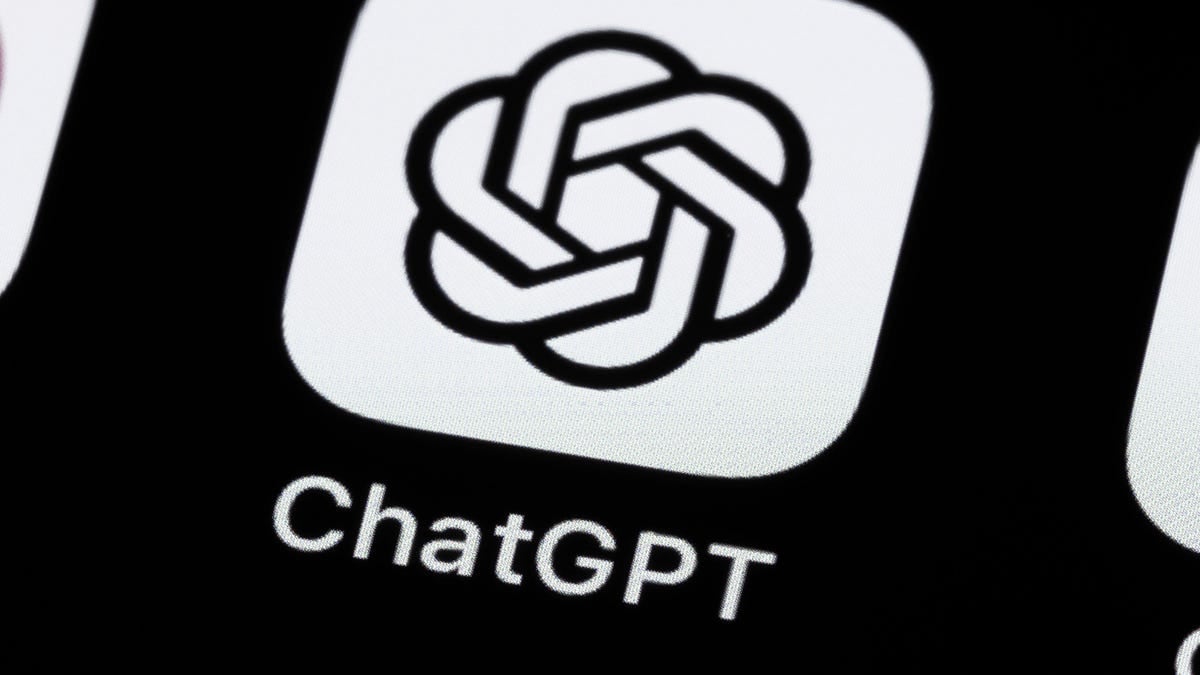- cross-posted to:
- [email protected]
- cross-posted to:
- [email protected]
The research from Purdue University, first spotted by news outlet Futurism, was presented earlier this month at the Computer-Human Interaction Conference in Hawaii and looked at 517 programming questions on Stack Overflow that were then fed to ChatGPT.
“Our analysis shows that 52% of ChatGPT answers contain incorrect information and 77% are verbose,” the new study explained. “Nonetheless, our user study participants still preferred ChatGPT answers 35% of the time due to their comprehensiveness and well-articulated language style.”
Disturbingly, programmers in the study didn’t always catch the mistakes being produced by the AI chatbot.
“However, they also overlooked the misinformation in the ChatGPT answers 39% of the time,” according to the study. “This implies the need to counter misinformation in ChatGPT answers to programming questions and raise awareness of the risks associated with seemingly correct answers.”



Don’t mean to victim blame but i don’t understand why you would use ChatGPT for hard problems like optimization. And i say this as a heavy ChatGPT/Copilot user.
From my observation, the angle of LLMs on code is linked to the linguistic / syntactic aspects, not to the technical effects of it.
Because I had some methods I thought were too complex and I wanted to see what it’d come up with?
In one case part of the method was checking if a value was within one of 4 ranges and it just dropped 2 of the ranges in the output.
I don’t think that’s asking too much of it.
Apparently it was :D i mean the confines of the tool are very limited, despite what the Devin.ai cult would like to believe.